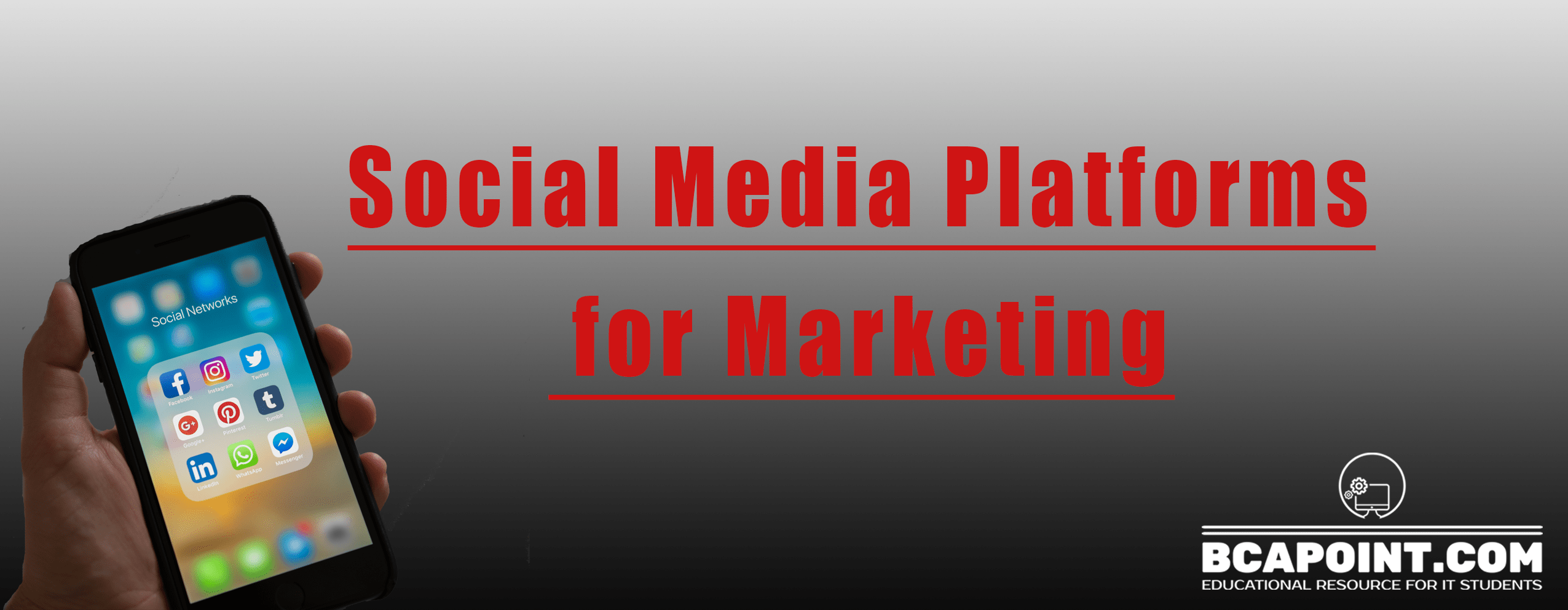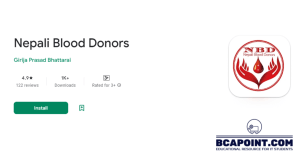Social Media Platforms for Marketing
The choice of social media platforms for marketing depends on various factors, including your target audience, business goals, industry, and resources. In today’s digital age, social media has become an essential tool for businesses to connect with their audience, build brand awareness, and drive results. With numerous platforms available, it’s crucial to understand the characteristics and benefits of each to make informed decisions about where to focus your marketing efforts.
Facebook: Connecting with a Vast Audience
With over 2.8 billion monthly active users, Facebook offers a vast audience reach for businesses. It offers a variety of marketing capabilities, such as pages, groups, adverts, and analytics. Facebook’s versatility makes it suitable for a wide range of businesses, allowing targeted advertising based on demographics, interests, and behaviors. Whether you’re a local business or a global brand, Facebook can help you connect with your target audience effectively.
Instagram: Visual Appeal and Engaging Content
Instagram, with over 1 billion monthly active users, is a visual-focused platform that caters to industries such as fashion, beauty, food, travel, and lifestyle. It offers features like photo and video sharing, stories, IGTV, and influencer partnerships. With its highly engaged user base, Instagram provides opportunities for businesses to showcase products, share behind-the-scenes content, and collaborate with influencers. Additionally, Instagram offers advertising options and shopping features, making it an ideal platform for businesses in visually appealing industries.
Twitter: Real-Time Updates and Conversations
Known for its real-time updates and short-form content, Twitter provides a unique platform for businesses to engage in conversations, share news, and participate in trending topics. With its fast-paced nature, Twitter allows businesses to provide customer service, build brand awareness, and connect with industry influencers effectively. It’s particularly useful for businesses looking to stay current, spark discussions, and maintain an active presence in their industry.
LinkedIn: Professional Networking and B2B Marketing
LinkedIn, with more than 740 million members, is a professional networking platform primarily used for business-to-business (B2B) marketing, recruitment, and professional networking. It offers company pages, groups, advertising, and content publishing opportunities. LinkedIn is particularly suitable for industries like technology, finance, consulting, and professional services, where professionals and decision-makers are actively engaged. It enables businesses to establish thought leadership, build relationships, and generate leads in a professional setting.
YouTube: Engaging Video Content and Brand Exposure
As the largest video-sharing platform, YouTube boasts over 2 billion monthly logged-in users. It presents significant opportunities for businesses that can create engaging video content. YouTube allows hosting and sharing videos, building a subscriber base, and running targeted ads. Whether you’re in the entertainment, education, or product demonstration industry, YouTube provides a platform to showcase your expertise, engage with your audience, and increase brand exposure through the power of video.
Pinterest: Visual Discovery and Traffic Generation
Pinterest, with over 450 million monthly active users, is a visual discovery platform that appeals to industries like fashion, home decor, food, DIY, and travel. Users can save and discover ideas through images, making it useful for showcasing products, generating website traffic, and driving conversions. With its focus on visual content, Pinterest offers businesses the opportunity to inspire their audience, spark creativity, and drive engagement through visually appealing pins.
TikTok: Entertaining and Engaging Short-Form Videos
TikTok has gained immense popularity, particularly among younger demographics. It’s a short-form video platform that allows businesses to create engaging and entertaining content. TikTok offers advertising options, influencer collaborations, and a strong focus on user-generated content. Businesses can leverage TikTok’s creative features to capture attention, showcase products or services, and build a loyal following. If your target audience includes Gen Z and millennials, TikTok can be an effective platform to connect with them on a more personal and interactive level.
Remember to Research and Engage

When choosing social media platforms for marketing, it’s crucial to research your target audience’s preferences and behavior on different platforms. Understanding where your audience spends their time and engages the most can help you allocate resources effectively. Additionally, align your choice of platforms with your specific marketing objectives and business goals. Building an active presence on the chosen platforms and regularly engaging with your audience through compelling content, responses, and community management will help you build relationships and drive results.
Frequently Asked Questions (FAQs)
Q: How do I decide which social media platforms to focus on for marketing?
A: The choice of social media platforms depends on factors such as your target audience, business goals, industry, and available resources. Research your audience’s preferences and behavior on different platforms and align them with your marketing objectives to make informed decisions.
Q: Can I use multiple social media platforms for marketing?
A: Yes, businesses often use multiple social media platforms to reach a wider audience and diversify their marketing efforts. However, it’s essential to allocate resources effectively and maintain an active presence on each platform.
Q: Which social media platform is best for B2B marketing?
A: LinkedIn is primarily used for business-to-business (B2B) marketing, recruitment, and professional networking. It offers various features and opportunities tailored to the needs of B2B businesses, making it an ideal platform for reaching professionals and decision-makers.
Q: Are there social media platforms specifically suited for visual content?
A: Yes, platforms like Instagram and Pinterest focus on visual content. These platforms are particularly popular for industries such as fashion, beauty, food, travel, home decor, and DIY, where visuals play a crucial role in engaging the audience.
Q: Can video content be effective for marketing on social media?
A: Absolutely! Platforms like YouTube and TikTok are excellent for businesses that can create engaging video content. Video content allows you to showcase products, provide educational content, and entertain your audience while increasing brand exposure and engagement.
Q: How important is it to regularly engage with the audience on social media?
A: Regular engagement with your audience is crucial for building relationships, increasing brand loyalty, and driving results. Responding to comments, messages, and inquiries, and actively participating in conversations helps establish a connection with your audience and enhances your brand’s reputation.
Conclusion
The choice of social media platforms for marketing is a crucial decision that requires considering various factors such as your target audience, business goals, industry, and resources. Platforms like Facebook, Instagram, Twitter, LinkedIn, YouTube, Pinterest, and TikTok offer unique features and benefits for businesses of all types and sizes. Researching your audience’s preferences, aligning platforms with your marketing objectives, and maintaining an active presence will help you connect with your target audience, build brand awareness, and drive results in today’s digital landscape.





Pingback: How to apply IPO in bulk? Apply share in bulk – Share Bhumi - Bcapoint